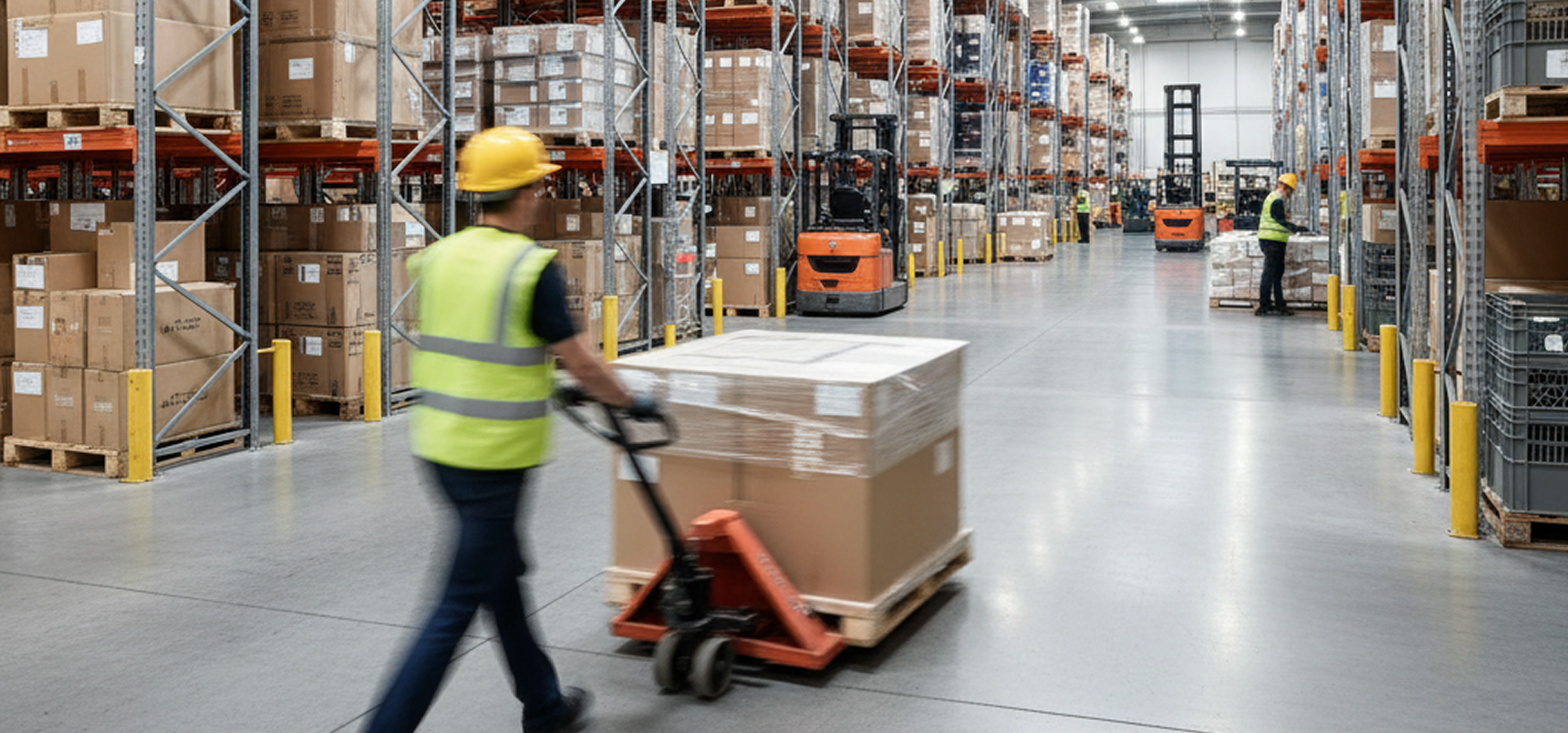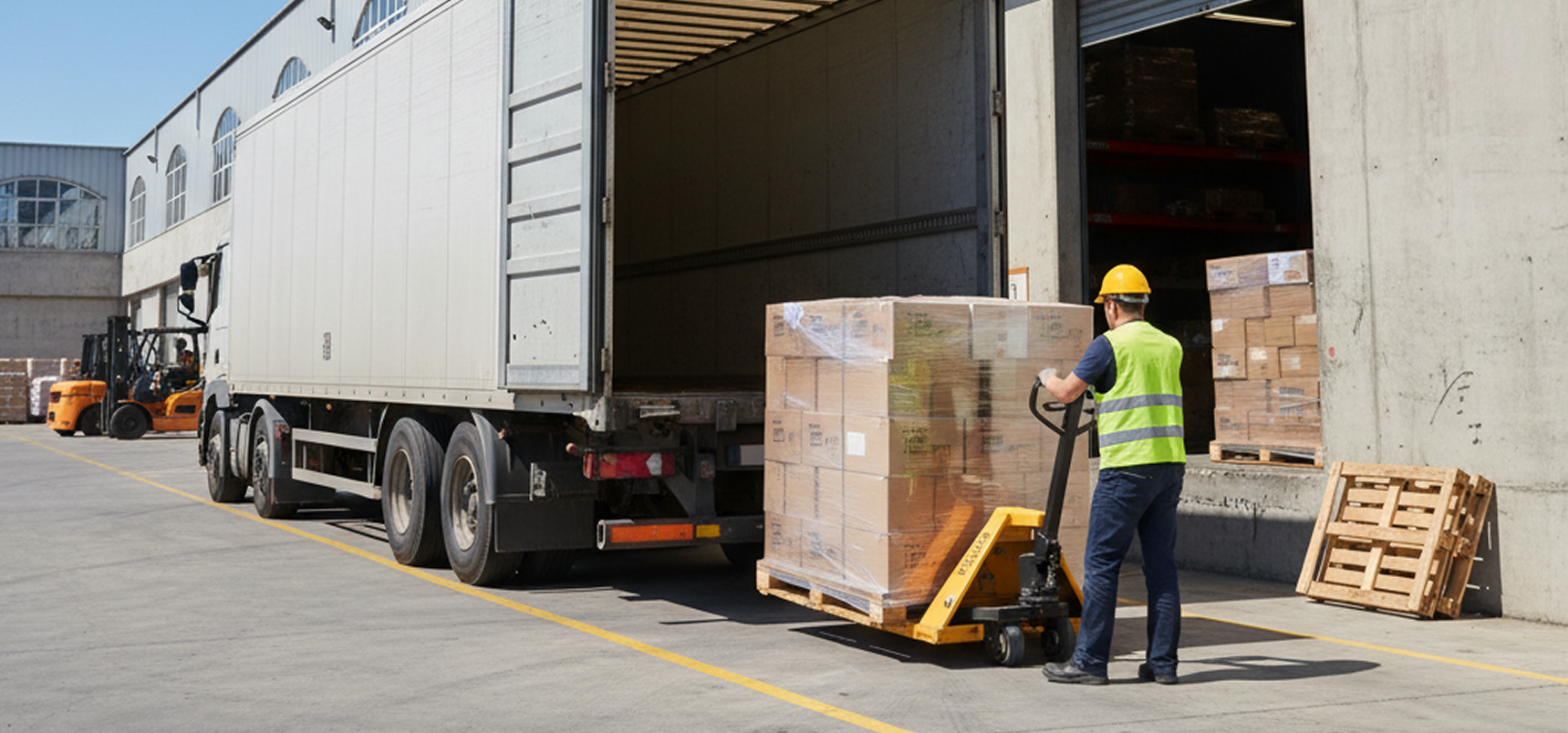Belo Horizonte has generally modern and well-developed infrastructure, particularly in public transport and flood resilience, but faces challenges from rapid urban growth and increasing car ownership.
Population
Area
Density
To calculate the net population growth for Belo Horizonte in the latest year, we need the population figures for the previous year and the current year. The population of Belo Horizonte was approximately 2,315,560 in 2022 and is estimated to be 2,415,872 in 2025. However, to find the growth for the latest year, we need the exact figures for 2024, which are not provided. Given the available data, we can calculate the growth from 2022 to 2025, but not specifically for the latest year. The total growth from 2022 to 2025 is 100,312 people. Assuming a constant annual growth rate, the average annual growth would be approximately 33,437 people per year. However, without the exact figure for 2024, we cannot accurately determine the net population growth for the latest year. Therefore, the response is blank.
The projected net population growth in Belo Horizonte for 2024 is 2.4%.
66%
67% of the population in second-wave regions like Emerging Asia is of working age.
Key industries include steel, information technology, and biotechnology, with major corporations like FIAT, Gerdau Açominas, and Localiza playing significant roles.
Tertiary attainment among young adults aged 25-34 in OECD countries increased from 45% in 2019 to 48% in 2024, placing it among top OECD nations.
Foreign Residents
The average income for foreign residents in Belo Horizonte is about 0.62 million yen, with 44% earning less.
Ethnic Composition
The search results do not contain information about foreign residents in Belo Horizonte, their numbers, percentages, or countries of origin for 2024.
Belo Horizonte metropolitan area has 6 million residents, with millions commuting daily, primarily by rail, from suburban and residential districts into the central city for work.
Belo Horizonte continues to attract residents from other regions with a net inflow of people in 2024.
40K
The average annual income in Belo Horizonte is about 1.1 million yen though more than half earn less than this amount.

7.9%
Warehouse lease rates in Belo Horizonte typically start around R$216 per square meter per year for modern facilities, with rates and classifications varying based on location, building age, and amenities.
Contagem, Betim, and the areas near the BR-040, BR-381, and Anel Rodoviário highways are the major warehouse and logistics districts in Belo Horizonte.
Last-mile delivery infrastructure in Belo Horizonte combines traditional home delivery with emerging automated delivery stations and collection points, aiming to improve efficiency, reduce costs, and address sustainability challenges as e-commerce grows.
Warehouse automation in Belo Horizonte is not specifically detailed, but generally, warehouse automation involves using software and autonomous robots to streamline inventory management and logistics operations, enhancing efficiency and reducing manual tasks.
Cold storage and specialty warehousing facilities in Belo Horizonte offer temperature-controlled environments for chilled and frozen goods, with expanded pallet capacity to support the storage and distribution of perishable products.

Steel, automobiles, textiles, mining processing, information technology, biotechnology, services, jewelry making, and business tourism.
TCS Industrial, Shippify, RCL Rode Concept Logistica, Röhlig Logistics.
Belo Horizonte exported $712 million in 2024, mainly in iron ore, coffee, and machinery, with key trading partners including China, the United States, and Argentina.
Supply chain resilience in Belo Horizonte faces challenges from global disruptions, climate risks, and tariff changes, requiring diversification, technology adoption, and proactive risk management to maintain agility and reliability.
Belo Horizonte has strong local manufacturing capabilities centered on steel, automobiles, textiles, chemicals, food processing, and advanced technology sectors, supported by a robust supply chain and significant multinational investment.
The main industry clusters in Belo Horizonte are steel and metallurgy, automobiles, textiles, food processing, chemicals, furniture, biotechnology, information and communication technology, gems and jewelry, and craft beer.
Belo Horizonte offers competitive advantages as a logistics and business hub through its advanced logistics, multimodality, optimized solutions, strategic location, tax benefits, operational agility, and integration between production and logistics.
Detailed evaluation of Belo Horizonte's infrastructure quality, investment projects, utility systems, and environmental considerations for strategic planning.
Belo Horizonte’s infrastructure shows moderate capacity but declining quality, especially in public transportation, with increased system coverage but reduced service frequency and user satisfaction.
Belo Horizonte is seeing significant infrastructure investments, including large-scale urban projects like the Green Line corridor and expansions at BH Airport, with over R$1 billion invested in airport improvements alone.
Belo Horizonte's utility infrastructure includes efforts to reduce energy losses and improve efficiency in power, significant water management challenges due to leakage and distant water sources, and no specific details on internet infrastructure.
Key environmental factors affecting logistics in Belo Horizonte include inadequate sidewalks, lack of bike lanes, dependence on road and rail infrastructure, and changes in delivery patterns due to events like the COVID-19 pandemic.